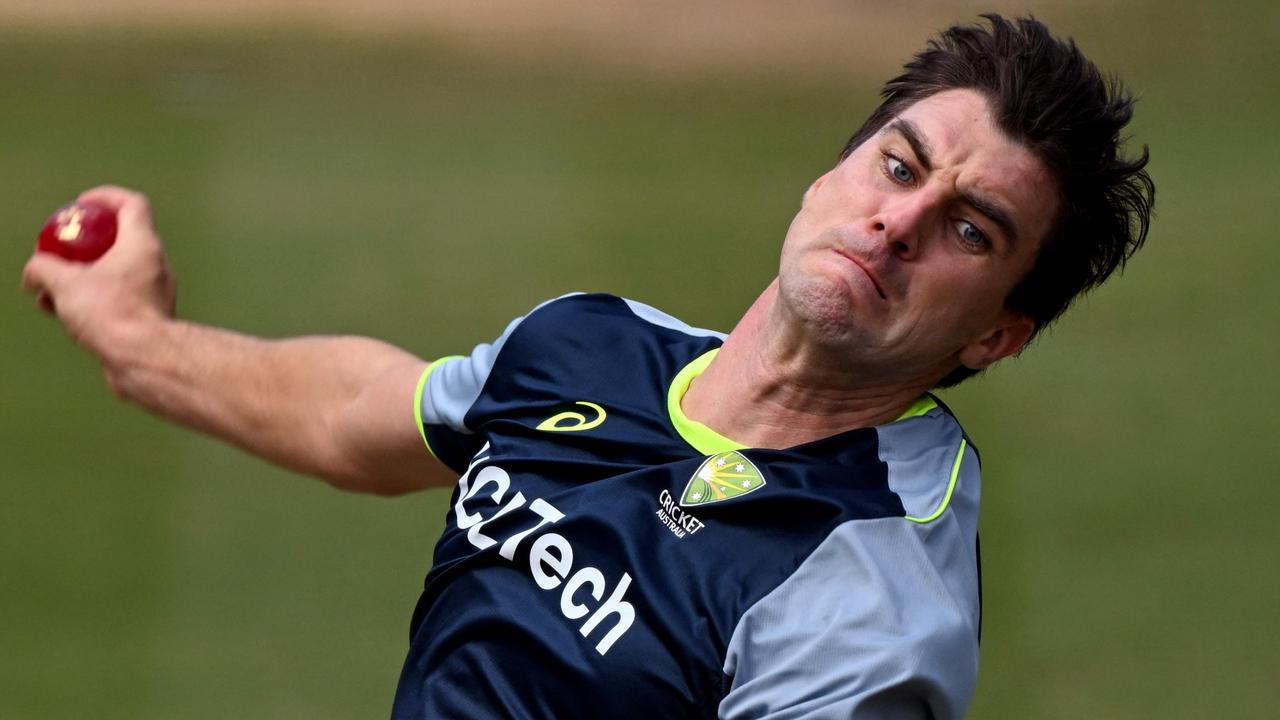‘It’s almost a no-win role’: Why you won’t see an Australian as India’s $2 million coach

- by Admin
- May 24, 2024

Loading
That pressure was certainly felt by Greg Chappell when in 2005 he became the first Australian to take the job. His tenure was marked by plenty of internal conflict, especially with the sometime captain, Sourav Ganguly. But it also ended in 2007, right on the cusp of the IPL and the offer of T20 coaching jobs that were not quite so demanding.
In the here and now, Chappell doubts that the BCCI would pick an Australian coach. Nor does he think those in the mix would want to accept its demanding terms. “I’m not sure many want to do 10 months on the road, especially if they can do media work,” he said. “It’s almost a no-win role.”
India’s current coach, Rahul Dravid, has done the job for three years and will finish after the T20 World Cup. His predecessor, Ravi Shastri, managed to hang onto the role for five, including successive winning Test tours of Australia.
There is a growing view that, as the BCCI lurches closer into a tight relationship with the nationalist government of Prime Minister Narendra Modi, it is less likely that an overseas coach will be called upon to mentor India’s top players.
But at the same time, the bevy of high-paying IPL jobs available make it necessary for any candidate to weigh up income, time at home and the relative stress levels of the job. For most, the calculation invariably results in a polite reluctance to go into full-time international coaching.
Loading
Hussey, an assistant coach with the Chennai Super Kings in the IPL and also the head coach of Welsh Fire in the Hundred, arrived home from India this week and is looking forward to a couple of months of home comforts before flying to England. He will then get another break of similar length before he commentates at home for Fox Cricket.
“They play more cricket than probably anyone in the world really, they’re literally going from tour to tour to tour,” Hussey said of India’s national side. “So that would be a pretty challenging sort of role where you’d have to be there, boots on the ground. You’re probably only getting the IPL off, which is eight to 10 weeks, but then the rest of the year you’re going to be pretty much on the go.
“Certainly as a full-time international coach, it’s not something at this stage of my life that I’m that keen on. Out of playing and even now, it’s not really on my radar, and I’m enjoying the balance of being able to coach as an assistant or head coach, then doing a bit of media as well.
“I love that balance and still spending some time at home. You’d always like more time at home, but the bucket is pretty full at the moment.”
Alongside Hussey on the CSK coaching staff is Stephen Fleming, the erudite former New Zealand captain, who has been raised as a possible India coach more times than almost any other candidate. The likes of John Wright (New Zealand), Gary Kirsten (South Africa) and Duncan Fletcher (Zimbabwe) have been successful India coaches by offering a quiet, phlegmatic guiding hand of the kind Fleming has mastered at CSK.
Gautam Gambhir with Virender Sehwag.Credit: AFP
“It just goes to show how highly regarded he is on the world stage but particularly in India,” Hussey said. “But I don’t think he’d entertain the idea, he loves the balance as well. He probably finds it a little bit amusing that his name keeps coming up, but pretty honoured that he’s in the mix.”
The candidate most likely, it seems, to succeed Dravid may now be the feisty Gautam Gambhir, who has lately served as a mentor for Kolkata Knight Riders.
Extremely combative as a player – he was once suspended for a Test for elbowing Shane Watson, and had more than one on-field confrontation with Virat Kohli in the IPL – Gambhir has also been an outspoken advocate for change in the Indian coaching system, especially the handling of younger players.
Loading
Gambhir has, too, worn the Indian flag very much on his sleeve, while also professing admiration for the team-oriented nature of Australian cricket. Towards the back end of his Test career, he once travelled to Australia to work one-on-one with Langer.
“There has been a culture in Delhi cricket about making players insecure,” Gambhir said in 2017. “I have myself faced that when I was a youngster. When I got into the Ranji Trophy team, I was made to feel insecure. Then only I had decided, if I ever take charge I will never make young boys feel insecure.”
Shastri succeeded as both a public advocate for team India but also as the cultivator of a secure dressing room, notably in the COVID-affected 2020-21 series win Down Under. Whoever ends up coach of India, that is the kind of balance their players will dearly hope for in Australia this summer.
The Latest News
-
December 25, 2024Australia to bat first at MCG in Boxing Day heat
-
December 25, 2024Golf Participation in Australia Hits New Heights – APGC
-
December 25, 2024Boxing Day Test: Australia batting first against India
-
December 25, 2024Live: Fearless Konstas makes wild start to Test debut as Australia bats first at MCG
-
December 25, 2024Boxing Day Test 2024: Australia vs India fourth men’s cricket Test, day one – live updates



